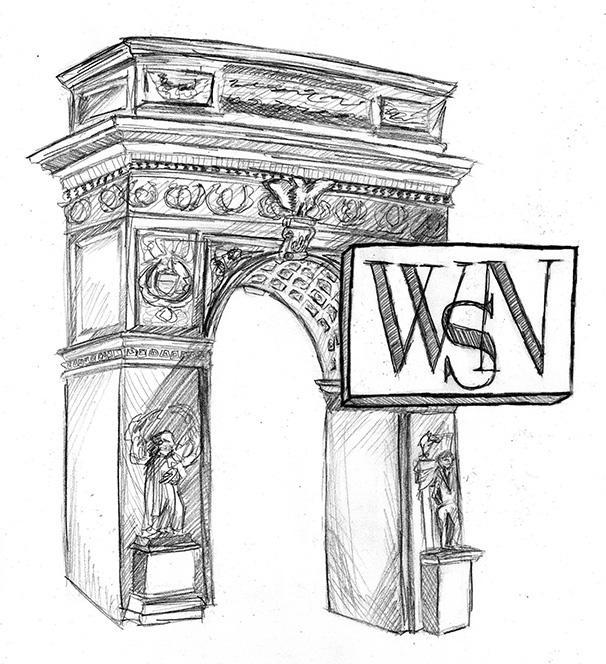Over the past week, the number of coronavirus cases in New York State has risen, leading Governor Andrew Cuomo to declare a state of emergency. As more cases are diagnosed, the Centers for Disease Control and Prevention has recommended that employers encourage sick employees to stay home. The CDC has also advised individuals who are showing signs of the disease to quarantine themselves for 14 days.
For New York’s workers, the situation is both financially and physically detrimental. New York City’s Paid Sick Leave Law says employers of both nonprofit and for-profit businesses with more than five employees must provide paid sick leave for a maximum of 40 hours. For many employees working low-wage jobs, taking more than the allowed time off from work is simply not financially feasible. This financial strain makes affected individuals more likely to work through illness for the additional nine days that the CDC advises them to stay in quarantine.
According to the World Health Organization, one in 10 people become ill regularly from foodborne illness, and in many cases, infected food workers are the reason why. With a highly contagious disease like the coronavirus, providing paid sick leave is essential for disease control. In fact, a study done by Stefan Pichler, Katherine Wen and Nicolas Robert Ziebarth found that adopting paid sick leave laws reduced influenza cases by 11%. The onus is on employers to provide this safe environment so the virus is slowed.
Jeremy Pereyra, a Chipotle employee in New York City, can attest to what happens when there are restrictive paid sick leave laws. Last week, just before the first case of coronavirus was reported in New York City, Pereyra called out of work with flu-like symptoms while providing a doctor’s note. Because he could not call at least two hours before his 7 a.m. shift (the store was empty until 6 a.m.), he was written up for not coming to work.
These kinds of restrictive policies force employees to choose between personal health and maintaining financial security. In the most basic sense, this choice is unethical and the complete opposite of a pro-worker environment. In a time of global health crisis, they also seriously jeopardize the safety of the general public.
Last week, Democrats introduced a bill into the House and the Senate that guaranteed paid sick leave beyond the required 40 hours. If passed, employers would have to give a baseline of seven sick days, but give 14 additional ones in the case of a global health crisis. This bill is an opportunity to provide a key service that provides important workers’ rights, as well as proven tools to counter the rapid spread of the coronavirus.
However, educating employees about the law should also be a priority. In response to the passage of New York City’s paid sick day law, a survey from the Community Service Society found that 60% of low-income workers heard “little or nothing about their right to paid sick time.” Educating the public should come in tandem with expanding the law in order to make sure it is used to the fullest.
With the current global health crisis, New York City’s paid sick leave law must be expanded to accommodate workers who are crucial to understanding the issue. Failing to do so is negligent public health policy and is detrimental to efforts to stop the spread of coronavirus.
A version of this article appeared in the Monday, March. 9, 2020 print edition. Email the Editorial Board at [email protected].


























































































































































